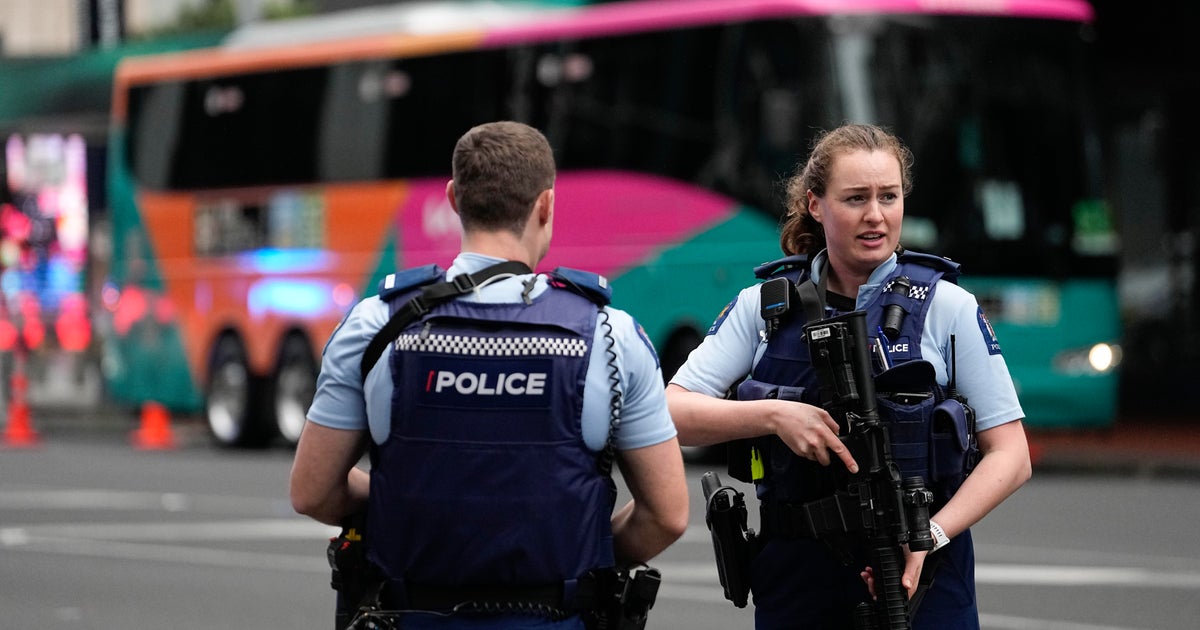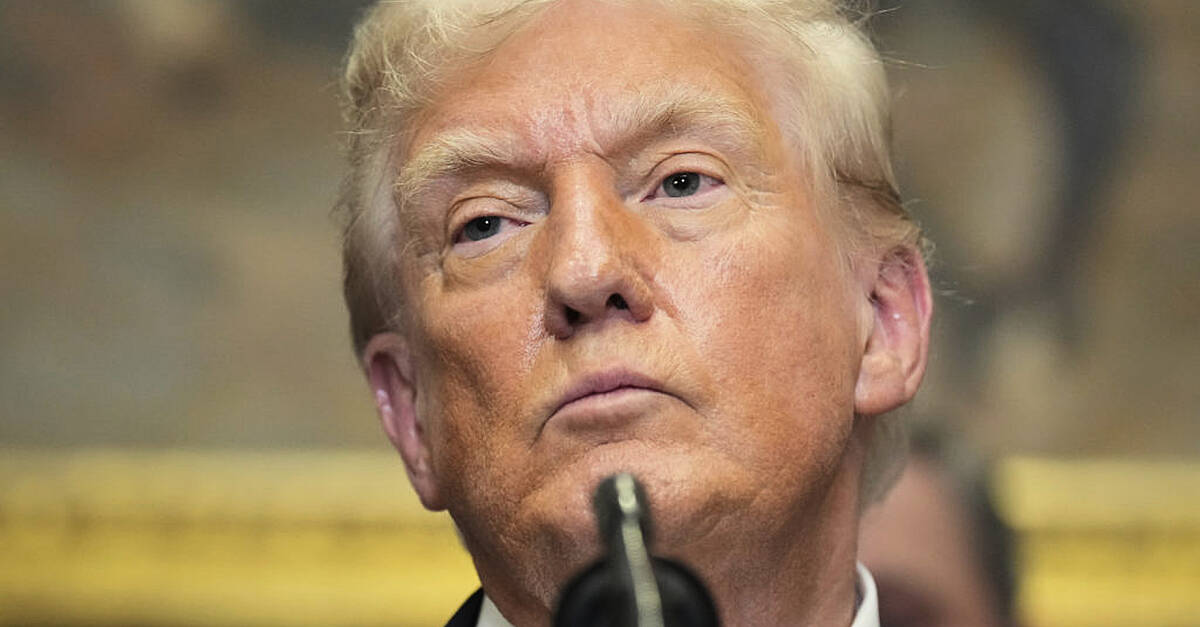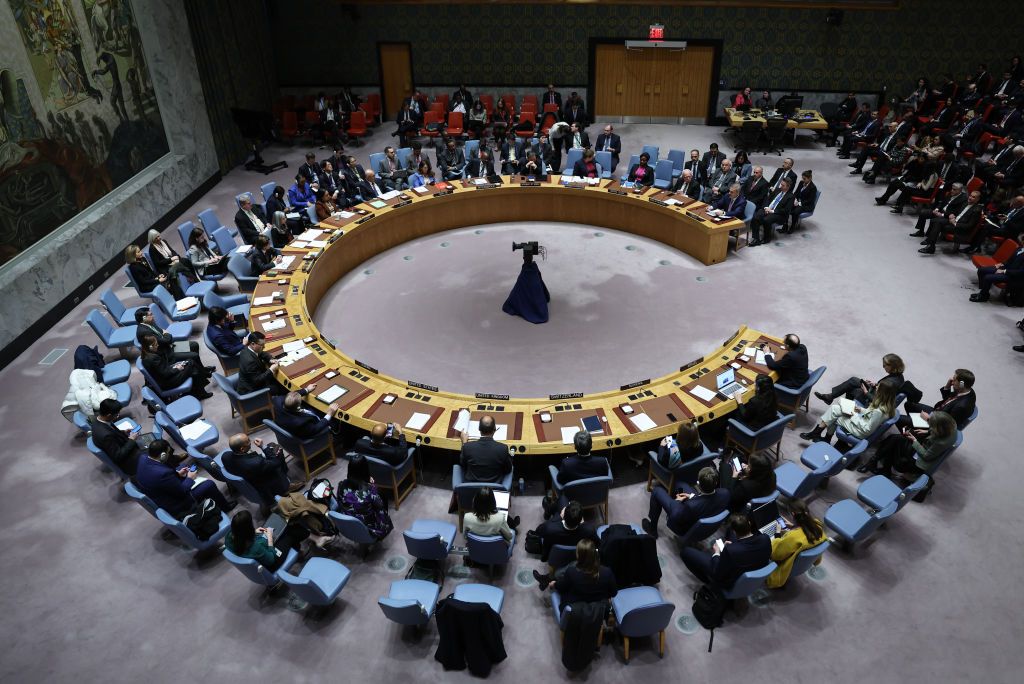ASEAN and GCC Leaders Meet with China to Enhance Economic Resilience

The leaders of Southeast Asia and the Gulf region are poised to make history as they gather for their inaugural three-way summit with China, aimed at reinforcing economic resilience amidst escalating trade tensions with the United States. The meeting, taking place in the vibrant capital of Kuala Lumpur, Malaysia, marks a significant moment in multilateral diplomacy as the ten-member Association of Southeast Asian Nations (ASEAN) seeks to navigate the choppy waters of global trade.
This landmark summit is unfolding on Tuesday, the second day of ASEAN's annual summit, where Malaysia, the current chair, plays a pivotal role. The ASEAN bloc comprises Brunei, Cambodia, Laos, Myanmar, the Philippines, Singapore, Thailand, and Vietnam. The gathering will follow preliminary discussions between ASEAN leaders and the Gulf Cooperation Council (GCC), which includes Bahrain, Kuwait, Oman, Qatar, Saudi Arabia, and the United Arab Emirates.
Opening the ASEAN-GCC summit, Malaysian Prime Minister Anwar Ibrahim emphasized the critical importance of strengthening ties between the two blocs. He stated that such collaboration is essential for enhancing regional cooperation, building resilience against economic shocks, and securing sustainable prosperity for all member states. “I believe the ASEAN-GCC partnership has never been more important than it is today, as we navigate an increasingly complex global landscape marked by economic uncertainty and geopolitical challenges,” Anwar declared passionately.
In his remarks leading up to the meetings, Anwar highlighted that the world is witnessing a significant shift in the geopolitical landscape, exacerbated by the recent imposition of unilateral tariffs by the United States, which have strained the global trading system. He noted that with the rise of protectionism, there is a discernible trend of multilateralism facing serious challenges.
Joining the discussions, China's Premier Li Qiang arrived in Kuala Lumpur and expressed a strong desire for enhanced trade and investment ties between China, ASEAN, and the GCC members. He underscored the urgency of collaboration at a time when both unilateralism and protectionism threaten global economic stability. “At a time when unilateralism and protectionism are on the rise and world economic growth is sluggish,” said Li, “China, ASEAN and GCC countries should strengthen coordination and cooperation to uphold open regionalism and true multilateralism.”
During his meeting with Anwar, Premier Li reiterated China's commitment to work closely with Malaysia to facilitate closer economic cooperation among the three parties, aiming to collectively address global challenges.
ASEAN has historically maintained a policy of neutrality, engaging with both Beijing and Washington. However, the recent threats from former President Donald Trump regarding sweeping tariffs have posed a significant challenge for six of the ASEAN member nations, which faced tariffs ranging from 32 to 49 percent. In a surprising move, Trump announced a temporary 90-day pause on these tariffs in April for most countries and similarly reached a deal with China to alleviate trade tensions.
Al Jazeera's Rob McBride, reporting from the summit in Kuala Lumpur, noted that ASEAN nations are actively seeking to strengthen their ties with various global partners, particularly China and the Middle East, to enhance their economic resilience amidst these tumultuous times. “A measure of the importance that the GCC is also placing on this meeting is the delegation that has been sent here and the seniority of its members,” he added, highlighting the presence of notable leaders such as the Emir of Qatar, Sheikh Tamim bin Hamad Al Thani, along with crown princes from Kuwait and Bahrain, and a deputy prime minister from Oman.
Prime Minister Anwar revealed that he had also reached out to Trump to propose an ASEAN-US summit within the year, showcasing Malaysia's commitment to maintaining the spirit of centrality in international relations. However, Foreign Minister Mohamad Hasan indicated that Washington has yet to respond to this outreach.
Experts suggest that ASEAN has played a pivotal role as a mediator between developed economies like the US and emerging markets such as China. Chong Ja Ian, an academic at the National University of Singapore, explained that the uncertainty in economic relations with the United States has prompted ASEAN member states to diversify their partnerships. “Facilitating exchanges between the Gulf and People’s Republic of China is one aspect of this diversification,” he noted.
Malaysia's leadership in this initiative reflects its strategic vision for regional cooperation, especially as China seeks to stabilize its markets in light of the tariffs imposed by the US. Premier Li's participation in the summit is seen as a timely and calculated move to reinforce China’s image as a trustworthy economic partner amidst ongoing Western decoupling efforts. Despite a recent agreement to reduce tariffs for 90 days, Chinese goods continue to face higher tariffs than many others.
























